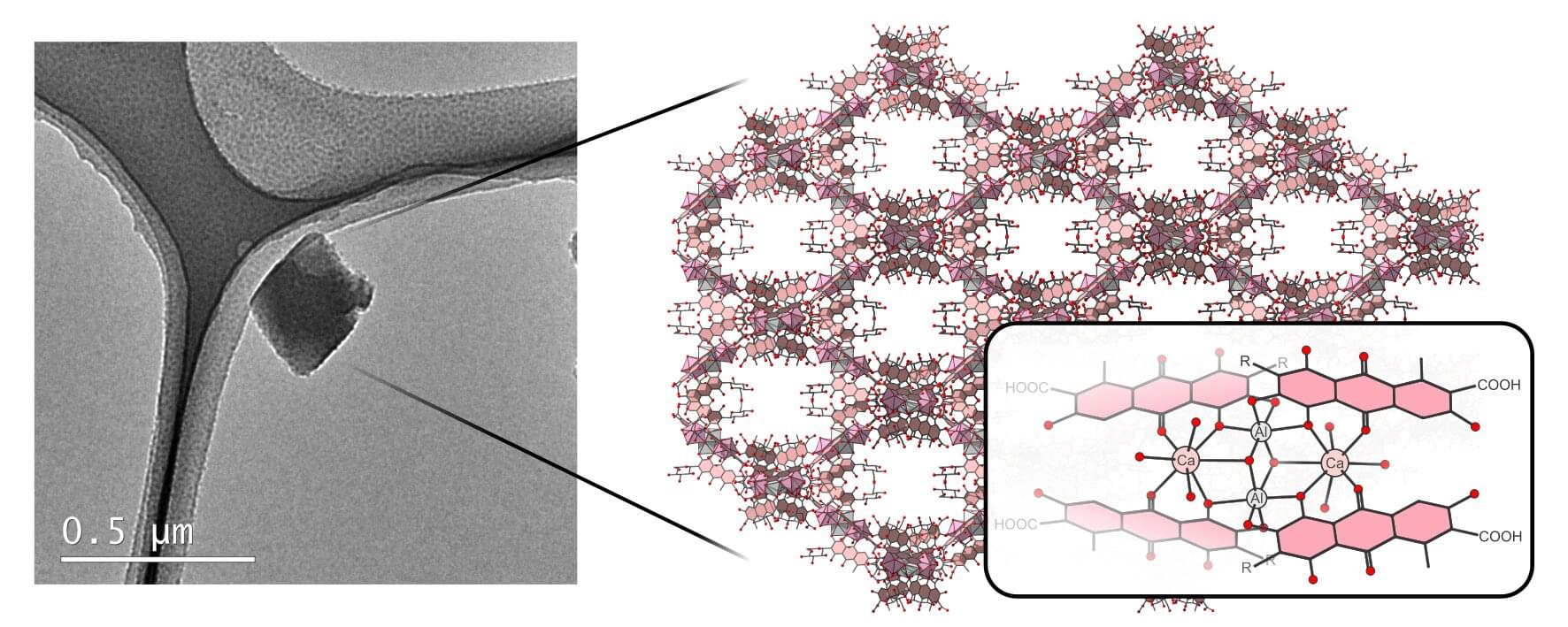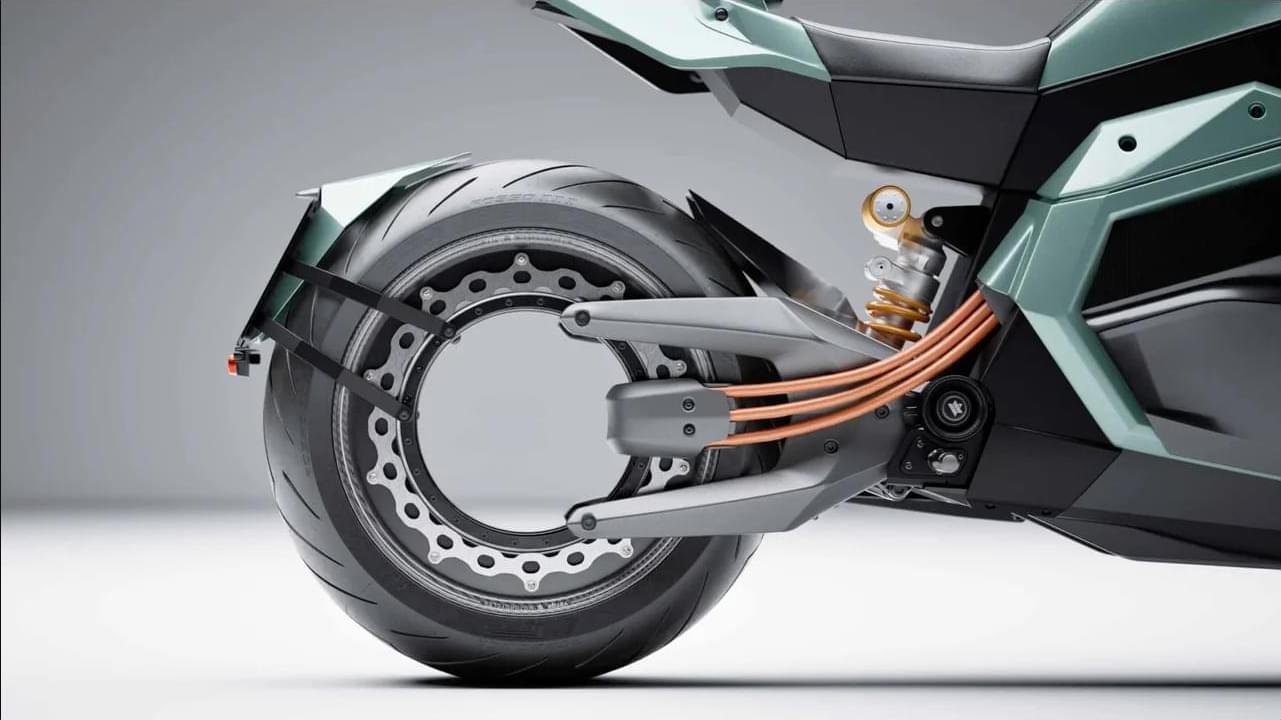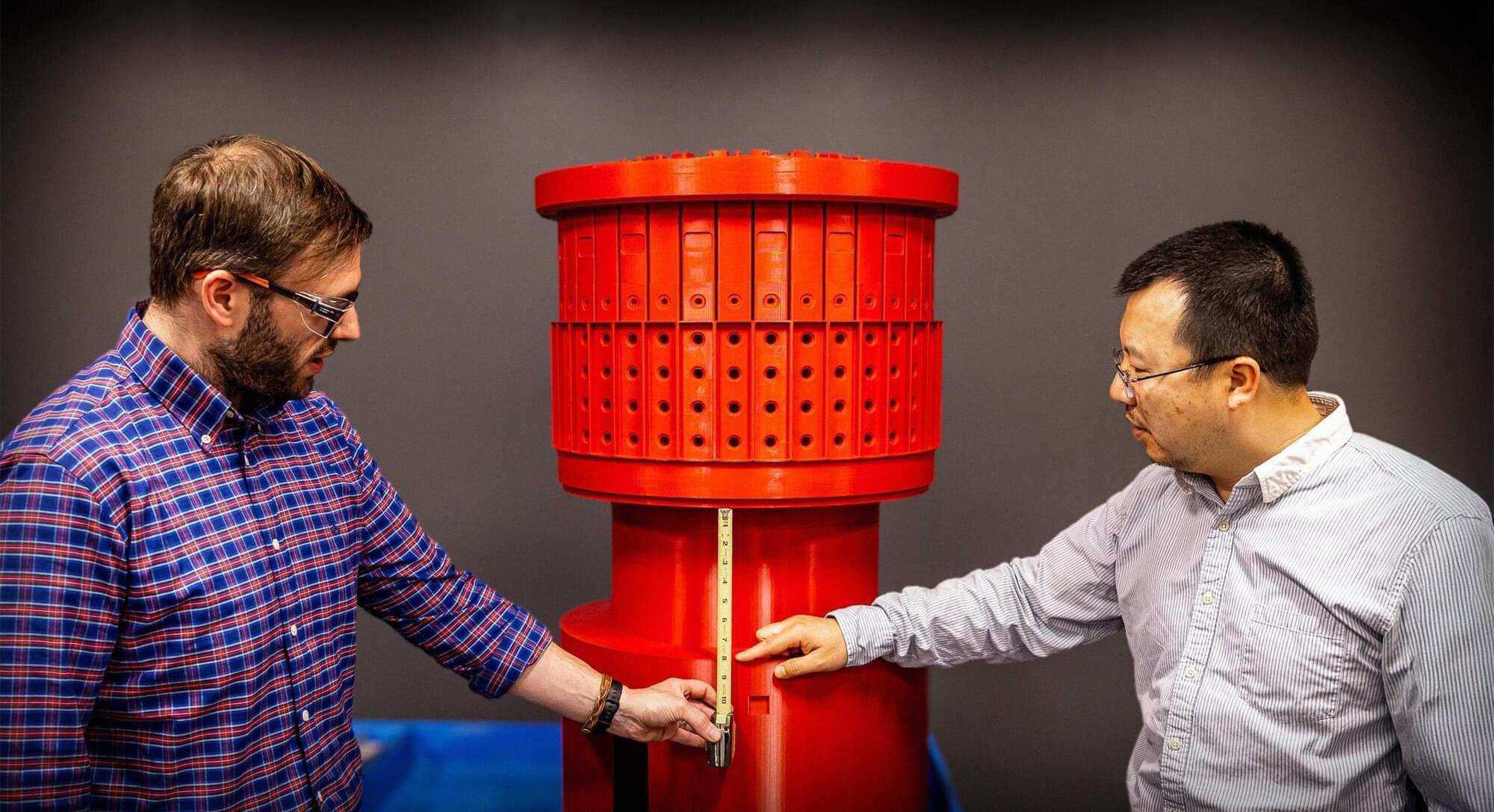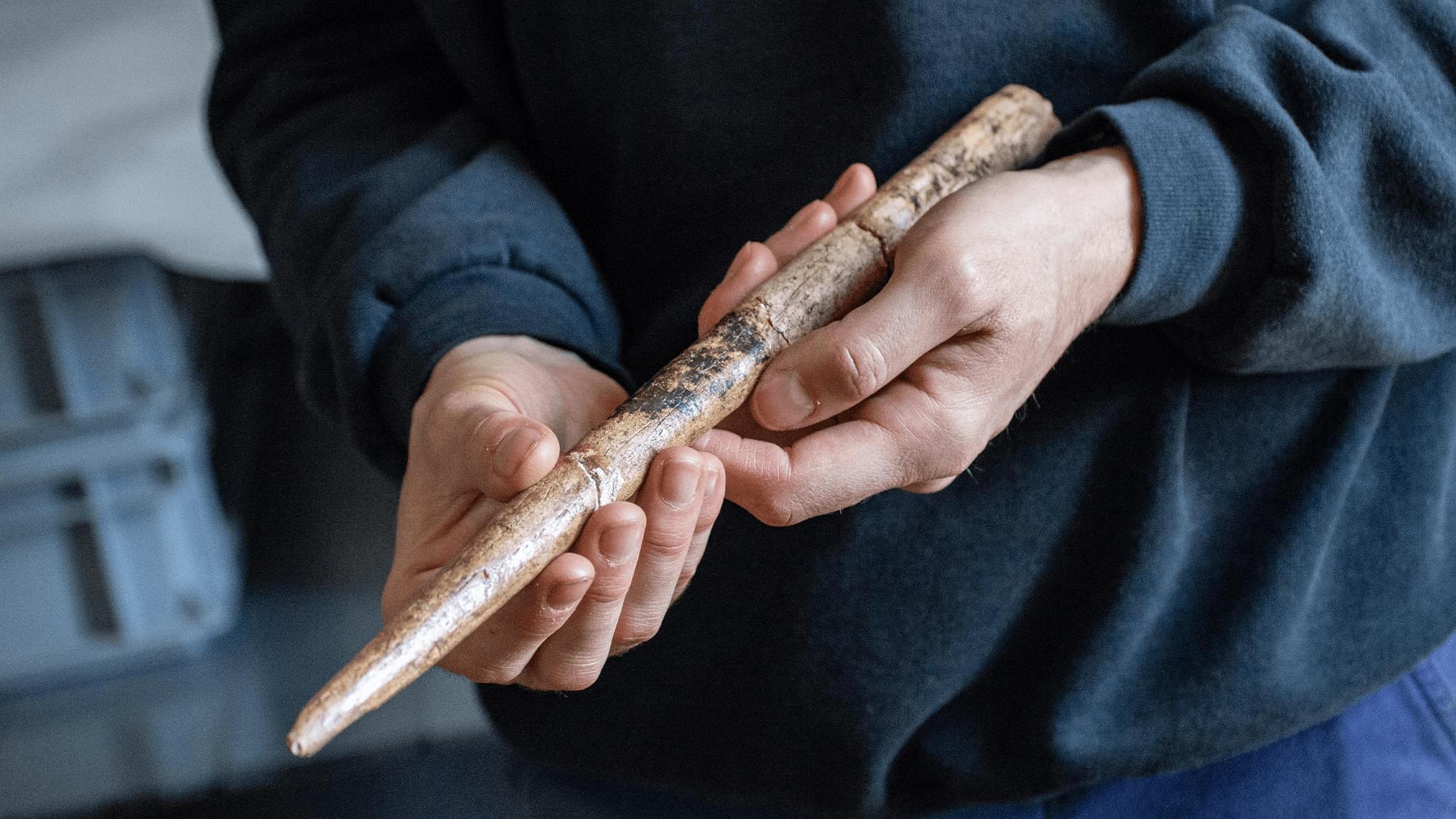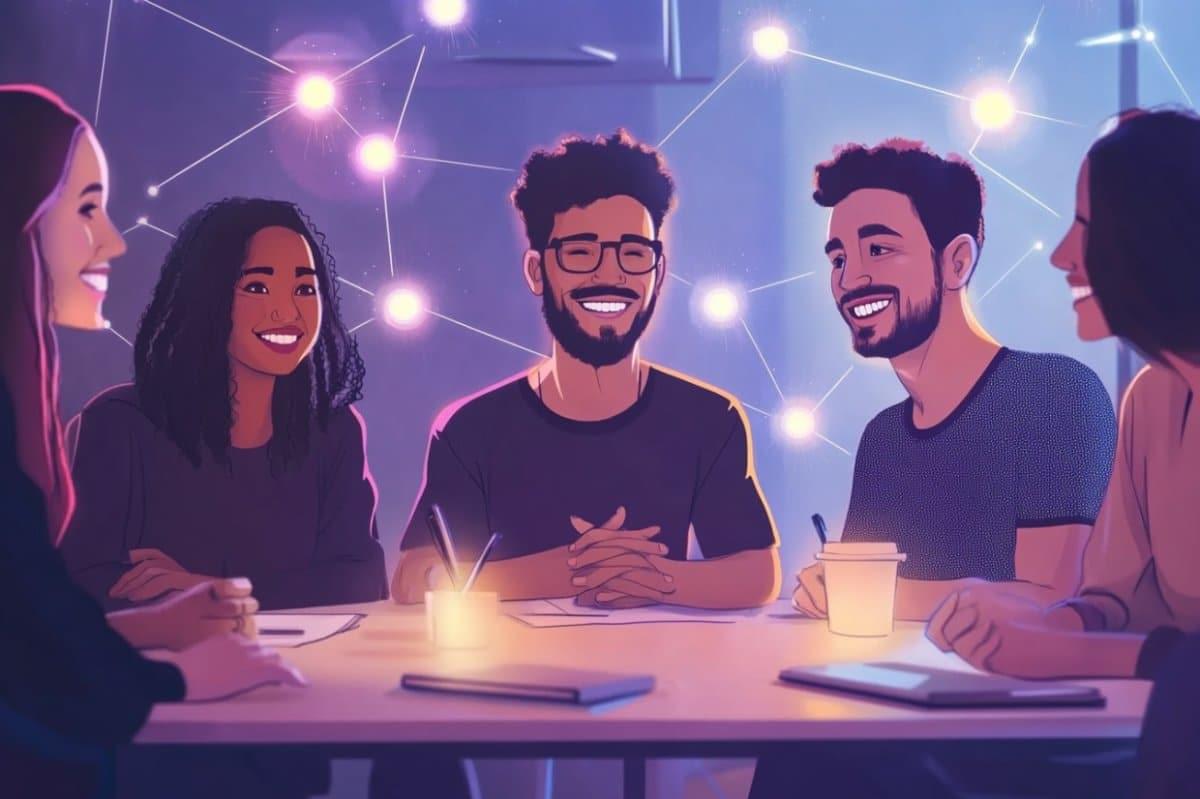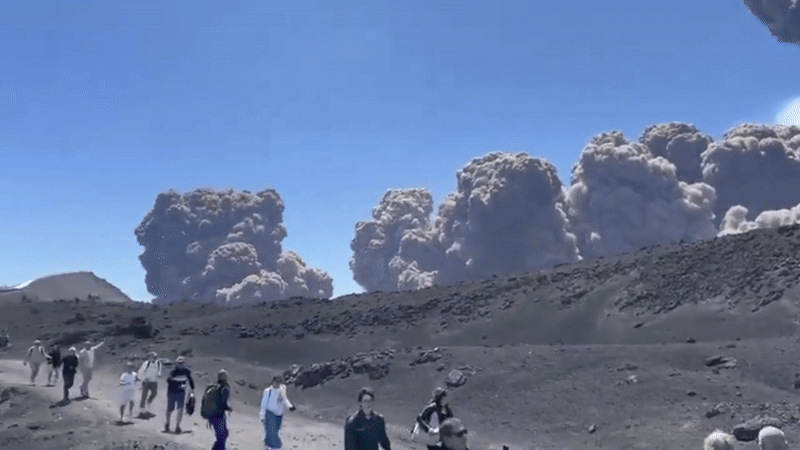Using advanced electron crystallography techniques, researchers at Stockholm University have succeeded in determining the structure of the historically significant red pigment carmine. It turns out that the substance, used today in products such as candy and paint, has a complex porous structure.
The study is published in the journal Crystal Growth & Design.
Carmine is a natural red coloring agent produced from cochineal extract. The extract from these insects is rich in carminic acid, which is combined with aluminum (Al) and calcium (Ca) to produce carmine. Analysis using advanced electron microscopy techniques has now revealed that this pigment has an unexpected structure. It is a so-called metal complex, built from two calcium ions, two aluminum ions, and four organic ligand molecules of carminic acid.
